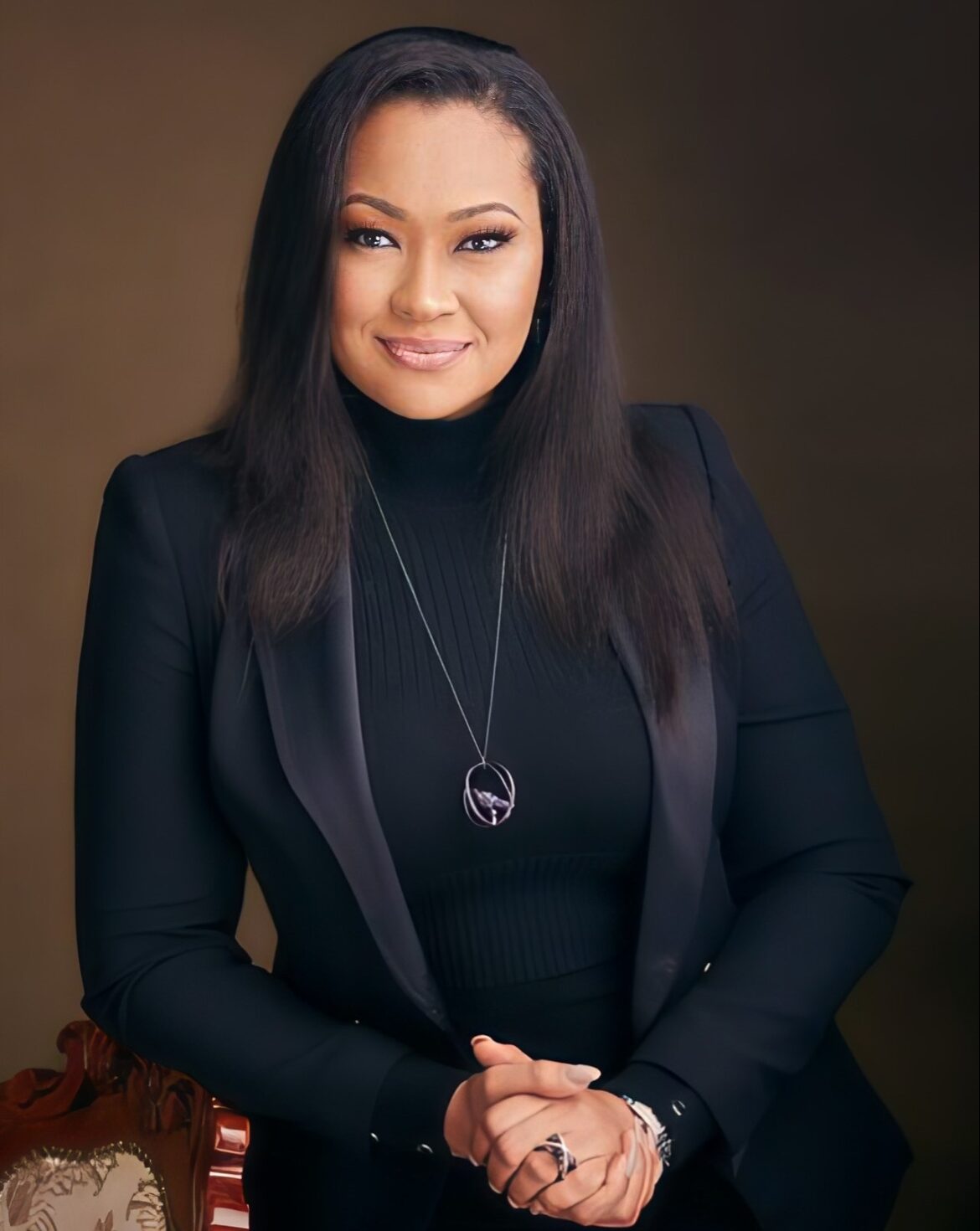Natasha Akpoti-Uduaghan made headlines when she became the first female senator from Kogi State. Her election into political office was a hope for gender inclusivity in a political terrain dominated by men.
Nigeria has one of the lowest rates of female political representation in Africa. The 2023 general elections saw women secure only 15 out of 423 legislative seats declared, merely 3.5% of the total, while men occupied 96.5%. Women won just two seats in the Senate and thirteen in the House of Representatives. More alarmingly, no female governor was elected in the 2023 general elections.
This glaring disparity is incredibly concerning when compared to other African nations where female representation is significantly higher. Countries like Rwanda, Namibia, South Africa, and Ethiopia have made notable strides in achieving gender balance in politics, but Nigeria continues to lag due to cultural, financial, and institutional obstacles.
The rise of Natasha Akpoti-Uduaghan
A lawyer, social entrepreneur, and politician, Natasha Akpoti-Uduaghan has long advocated for justice and equitable representation. She had previously contested for political office multiple times, facing significant opposition and hurdles reflecting women’s broader challenges in Nigeria’s political system. Her victory in 2023 as the first female senator from Kogi State shows her resilience and the growing demand for female leadership in Nigeria.
Natasha Akpoti-Uduagha’s outcry and suspension
Most recently, she got into a heated controversy. Akpoti-Uduaghan accused Senate President Godswill Akpabio of sexual harassment. According to her interview with BBC News, Akpabio had made inappropriate advances, allegedly insinuating that her legislative motions would gain traction if she “took care” of him.
These claims sparked outrage, particularly among women’s rights groups, who saw her courage in speaking out as a significant step towards exposing the misconduct women face behind closed doors in Nigerian politics. However, the Senate’s ethics committee dismissed her petition on procedural grounds rather than addressing her allegations with due diligence.
Have you registered for our upcoming LinkedIn Live Event, “The Underrepresentation of Female Lawmakers & Its Economic Impact on Africa,” scheduled for the 18th of April, 2025, at 1 pm (WAT)? If not, follow this link to join the conversation.
Shortly after, Akpoti-Uduaghan was suspended for six months over what the Senate described as “unruly and disruptive behaviour” during an unrelated chamber incident. Many have interpreted this as a deliberate attempt to silence her and discourage other women from coming forward with similar grievances.
Akpoti-Uduaghan’s ordeal has reignited conversations about the treatment of women in Nigerian politics. Her suspension has been widely condemned as a suppression tactic, with protests nationwide under the slogan “We Are All Natasha.” The movement spotlights a growing awareness of the systemic injustices women face and the urgent need for reforms.
Beyond the controversy
Beyond the immediate controversy, her case raises critical questions about the mechanisms available to address sexual harassment in government institutions. Many fear that her suspension sets a dangerous precedent—one that discourages women from pursuing political careers or speaking out against abuse.
The backlash against Akpoti-Uduaghan’s suspension has placed the Nigerian government under both local and international scrutiny. Women’s rights organisations are calling for an independent investigation into her allegations and broader legislative reforms to protect female politicians from harassment and discrimination.
Gender inclusivity must be prioritised for Nigeria to achieve true democracy. The government must implement policies encouraging women’s political participation, ensuring equal opportunities and protection against intimidation. Until systemic changes are made, women in Nigerian politics will continue to face an uphill battle.
Natasha Akpoti-Uduaghan’s story embodies her struggle and the quest for gender equity and justice in Nigeria. She has ignited a movement that has the potential to redefine the future of women in Nigerian governance.
Have you registered for our upcoming LinkedIn Live Event, “The Underrepresentation of Female Lawmakers & Its Economic Impact on Africa,” scheduled for the 18th of April, 2025, at 1 pm (WAT)? If not, follow this link to join the conversation.



